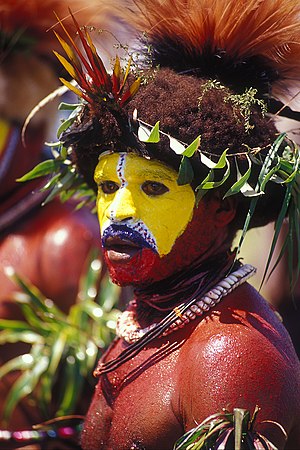Thinking about culture
| Regional Relations in Asia and the Pacific (#AST1000) | |
|---|---|
| Understanding culture - Conceptual overview | |
| Diversity of human ideas, values, beliefs and behaviour | Objectives | Video signpost | Thinking about culture | e-Learning activity - Understanding culture | Summary |

Culture is an important human/social construct. It attracts a great deal of attention in the Social Sciences and in International Relations.
Culture is not a static or fixed concept rather it is fluid and dynamic and is influenced by a multitude of factors. Understanding culture, and cultural difference or variance, is an important requirement for cross-cultural communication. In an increasingly globalised world, cross-cultural communication is an important skill necessary for success in the global marketplace. However, being skilled at cross-cultural communication can also help us to lead more fulfilling private lives, particularly in our increasingly multicultural societies.
Culture is also something that has received a great deal of attention over the past two decades, particularly the intersection of culture and global politics. Culture defines the identity of the individuals living in a society and it comprises of customs, norms and the genres that inform social life. Another element that plays a key role in influencing culture is religion, and it is this dynamic that has drawn great interest in recent years, most notably in the post-9/11 period. Cultural groups often define themselves by viewing and representing cultures different to their own as alien or as the ‘Other’. In the post-Cold War era there have been a number of discourses emerge on the importance of cultural and civilisational difference and some scholars have speculated that these factors would be the drivers of future conflicts, not ideology or expansionist tendencies of aggressor states. However, other scholars criticise these assertions as being far too simplistic. Instead, they urge us to consider issues of human insecurity as the driving force between conflict in the contemporary era - particularly the increasing wealth disparity that is occurring not only between states, but also between different groups within states.
Reflection for your study of this section
By the completion of the e-learning activities for this Module, you should have a deeper understanding of what culture is, as well as what constitutes successful cross-cultural communication.
To understand culture we need to also consider what factors influence the formation and evolution of culture, and we also need to understand that cultures change over time. It would be prudent also to reflect on our own culture – what defines our culture, how do others perceive us and how have our own cultures changed over time?